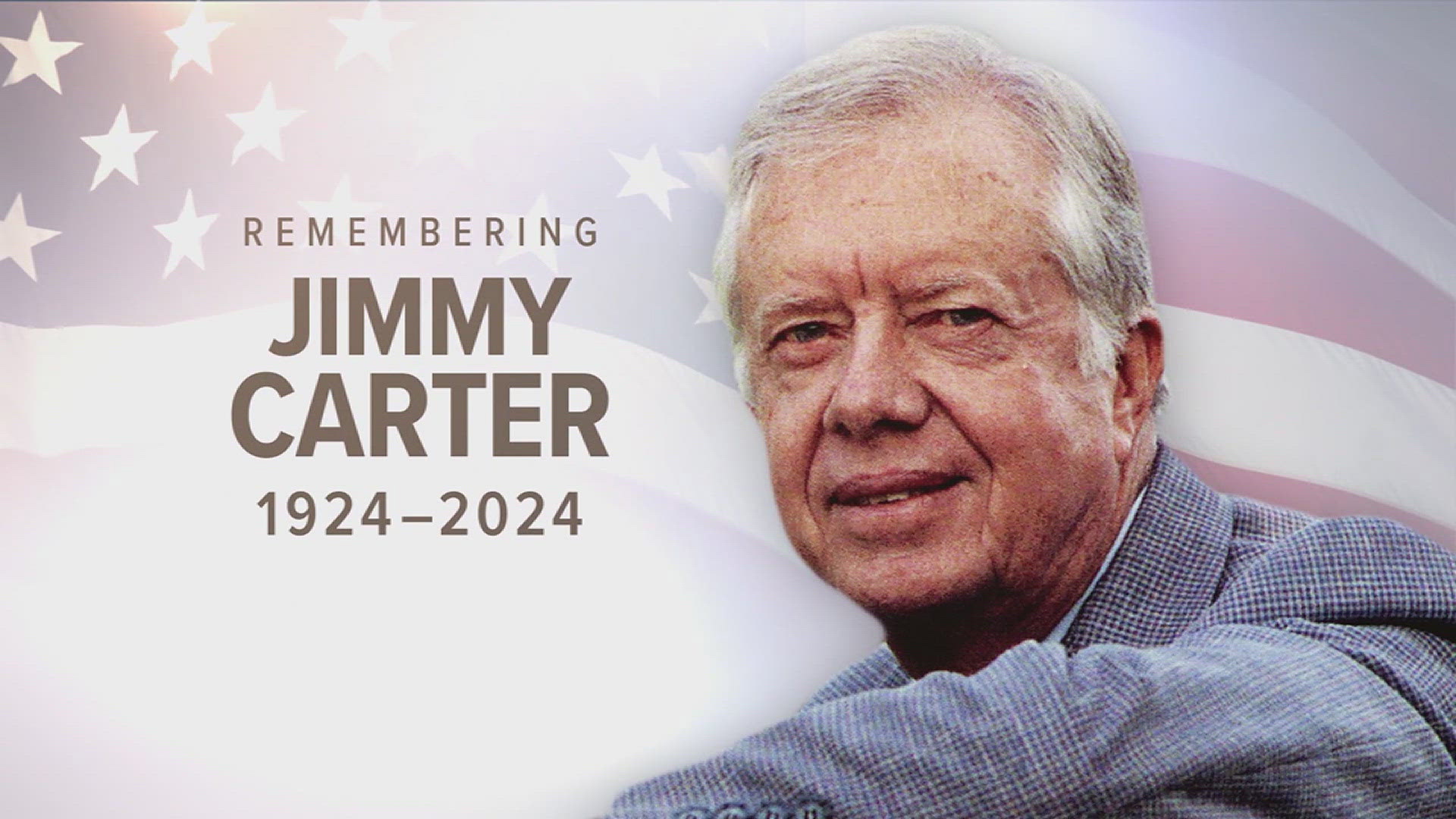(Akiit.com) Statistics show disturbing rates of absent black fathers, but a new book depicts the nuance behind the numbers.
Ta-Nehisi Coates grew up in the type of family unit that causes census takers to develop stomach ulcers. His father, Paul, was a bit of a free spirit, which is how it came to be that he fathered Coates and his six siblings with four different women. Despite this peculiar scenario, Paul was an active, present father in all his kids’ lives. Coates certainly had his share of issues growing up in a tumultuous corner of Baltimore, but as he writes in his new memoir, “The Beautiful Struggle,” his father was a source of security and stability in a neighborhood subject to rampant, random violence. “I don’t know if there’s an environmental explanation for why my father was the way he was,” says Coates, 33. “For some reason, he just took being a father really seriously.”
The engaged black father is an elusive character in popular culture. The percentage of black children living in fatherless homes—roughly 50 percent—has perpetuated an orthodoxy that black men are irresponsible and indifferent to fatherhood. Authors such as Coates are in a position to change that. In addition to “Struggle,” last year saw the release of two photo-essay books, Carol Ross’s “Pop” and Rachel Vassel’s “Daughters of Men,” which aimed to show black men celebrating their love for their children.
There’s much damage to undo. From “Papa Was a Rolling Stone” to the men who appear on “The Maury Show” and nervously await the results of paternity tests, we’re bombarded with the image of black men as deadbeats. That image has given rise to pessimism within the black community: according to a Pew Research study conducted last year, more than two thirds of blacks say that today’s fathers are doing a worse job than fathers did 20 or 30 years ago. Of the whites polled for the study, only 44 percent said the same. It is this fear of the rapid extinction of black fathers that provides Bill Cosby, the vanilla comedian turned culture warrior, his raison d’être: correcting the ills of the black community with up-by-the-bootstraps straight talk. Cosby has spent years traveling the country, exhorting packed crowds of black men to be better fathers, fathers not unlike Cliff Huxtable, the upper-class patriarch he played on his ’80s sitcom.
But images of the Huxtable archetype can be psychologically deleterious. As uplifting a story as is, say, “The Pursuit of Happyness“—the memoir of single father Chris Gardner (and, later, a Will Smith movie)—its primary focus is on Gardner’s struggle to provide his son financial security. This reinforces the notion that a man’s value as a father only goes as far as his ability to earn money. “What’s important to black men in a society that has a fair amount of racism is a notion of manhood,” says Mark Anthony Neal, an associate professor of black popular culture at Duke University. “Manhood is all they have, and what that usually means in our culture is the ability to provide for your family financially.”
This role is easy to fill when you’re Snoop Dogg, the millionaire rapper who stars in his own family reality show. But for low-income, low-skilled black men, keeping consistent employment isn’t always easy. A 2007 study noted that a black father’s ability to financially contribute is one of the biggest determinants of whether he stays in the home. “There’s a host of evidence noting that men who cannot fulfill the breadwinner role often experience distress and interruptions in positive engagement in family life,” says Boston University professor Rebekah Levine Coley, who worked on the study. Low-income, low-skilled men are culturally expected not to care about being good fathers, and those who do care feel like failures when they cannot meet a definition of successful fatherhood in which being the breadwinner is the sole metric. This conundrum gives rise to the absentee father, the lion who would rather be proud than lead his pride.
But most black fathers aren’t the flawless, idealized Huxtables nor the shiftless, irresponsible “Maury” deadbeats. Like Paul Coates, they’re somewhere in between, fathers who built families without much forethought, but with an abundance of love and leadership. Many black fathers have found this middle ground. The Coley study also found that black fathers who don’t reside in the home are more likely to sustain regular contact with their children than fathers of any other racial group. It’s true that children are statistically better off when raised by a married couple—the Huxtable model should be the ideal—but unmarried, nonresident fathers shouldn’t be made to feel like failures. In order to reduce rates of absentee black fathers, we must learn to view fatherhood as an à la carte menu, not a prix fixe.
“The Beautiful Struggle” could certainly lend to this cultural shift, but it’ll be a hard-fought battle. When Coates, a freelance writer by trade, wrote a critical piece on Cosby’s crusade, his dad called and read him the riot act for attacking Cosby’s message. “We disagreed, but it’s cool,” says Coates. “He raised us to be critical thinkers.” In order to change those alarming statistics, father and son—along with the rest of us—will have to come to a consensus on what constitutes a good father. For now, what matters is that when Paul’s son writes a piece, he reads it, then calls to give the kind of lecture that only a father can give his son.
Written By Joshua Alston









Leave a Reply